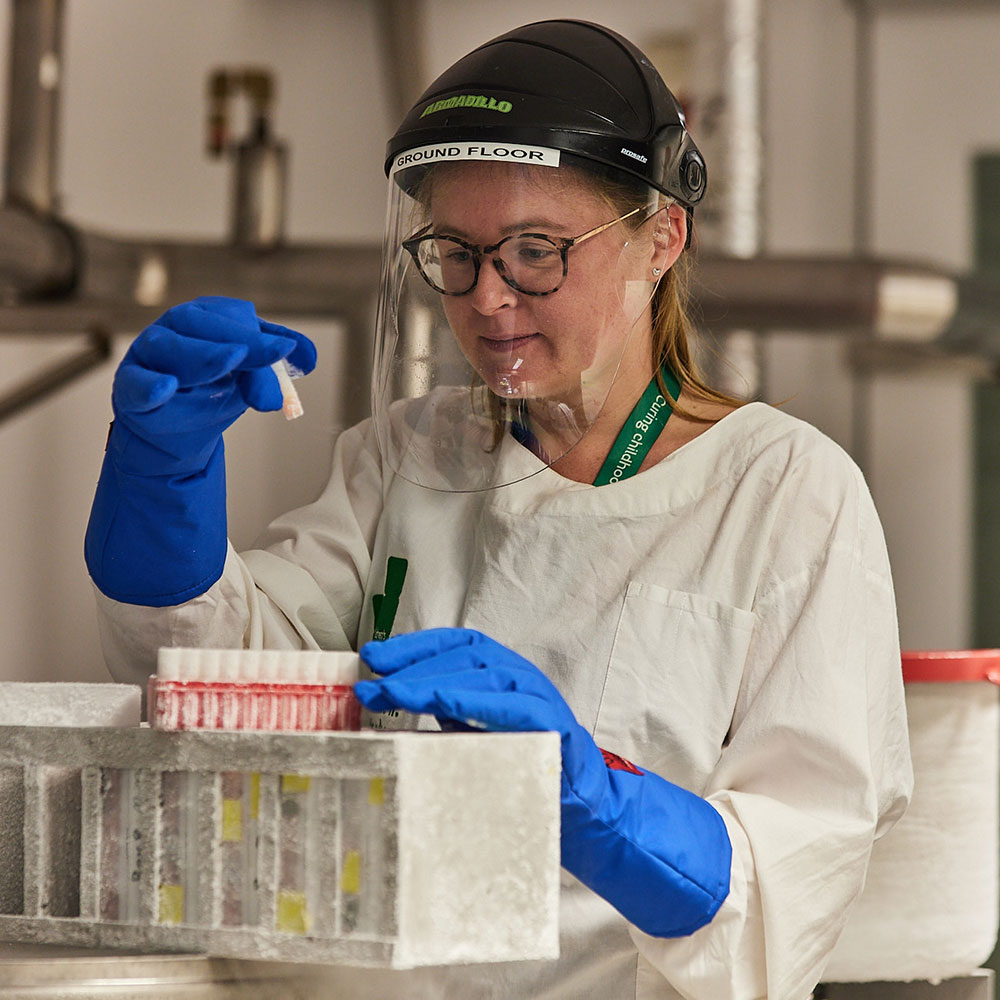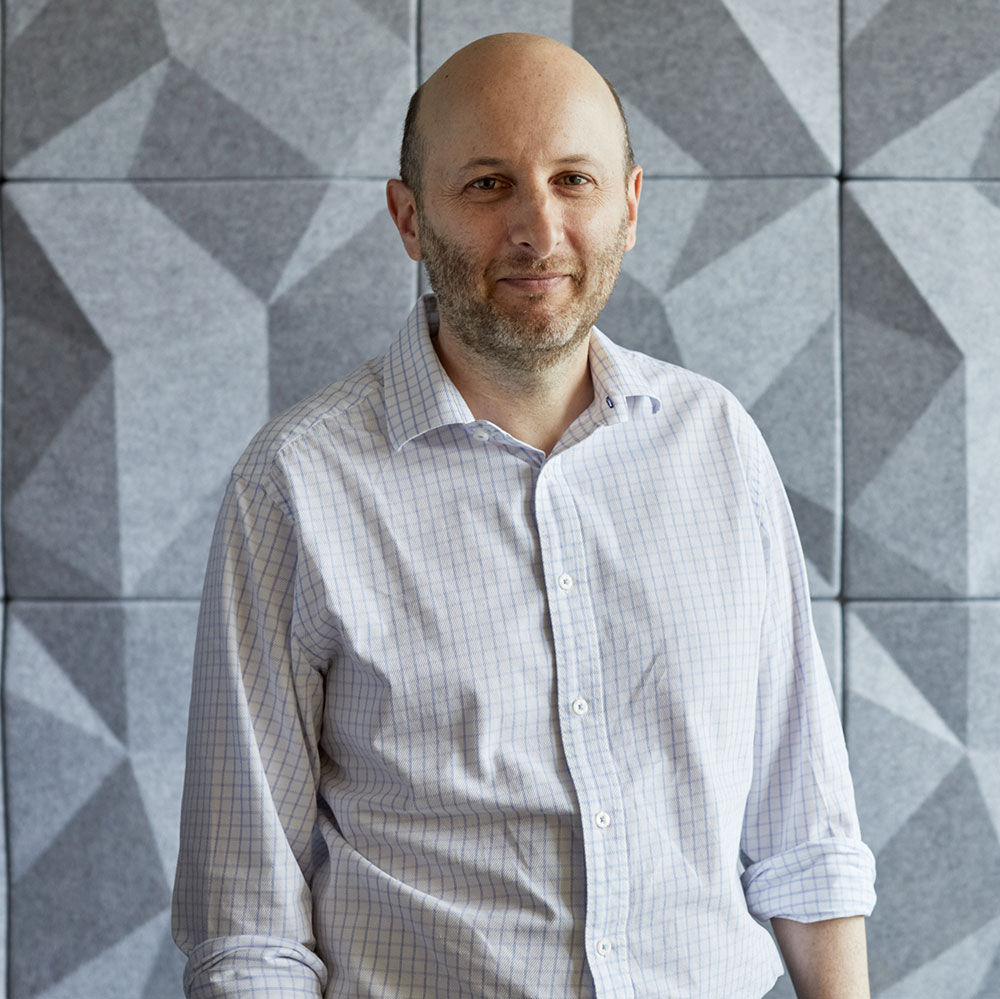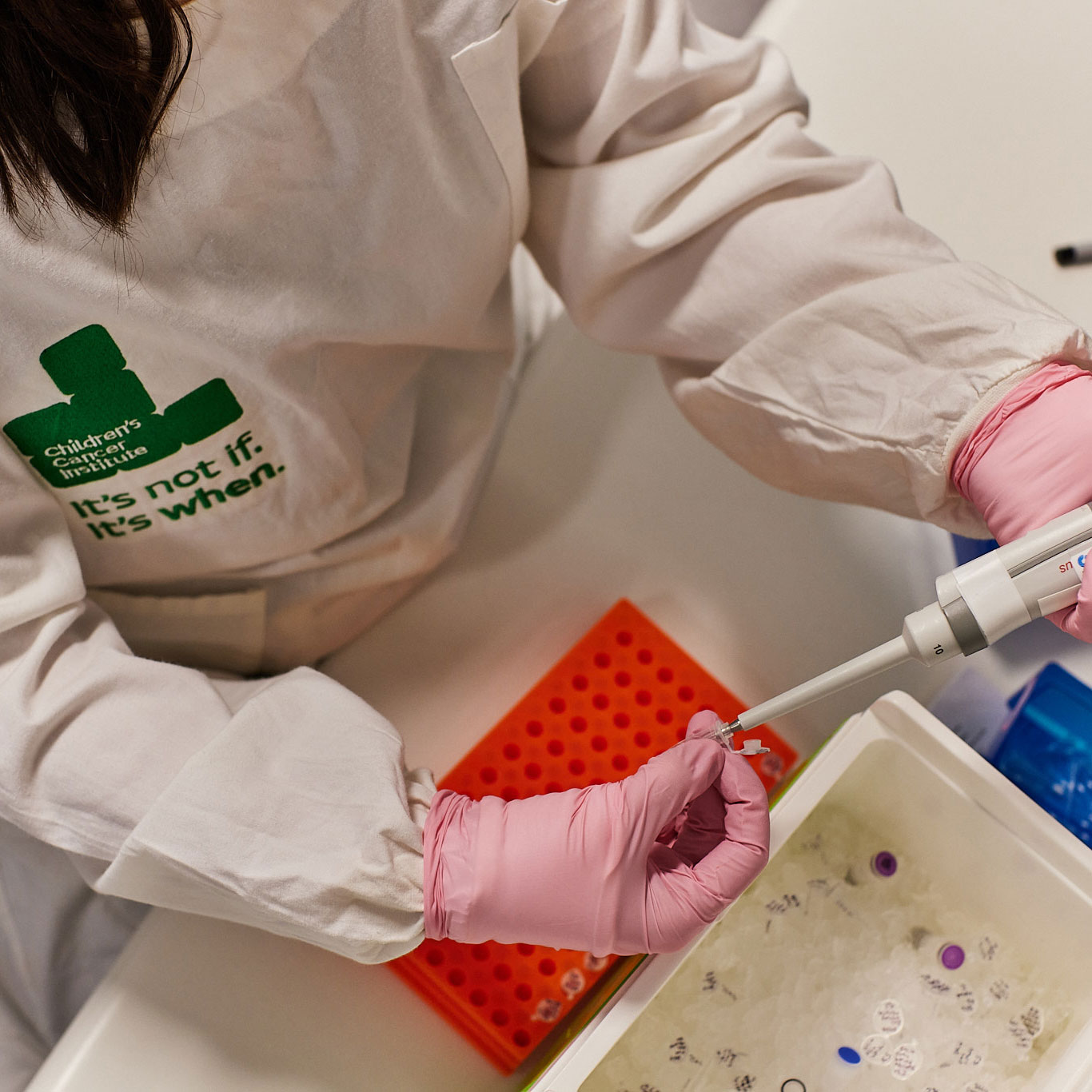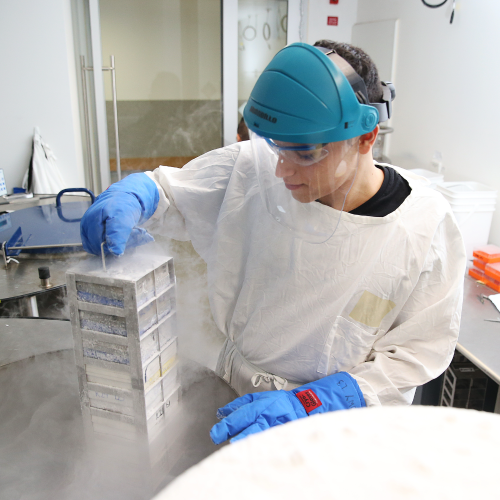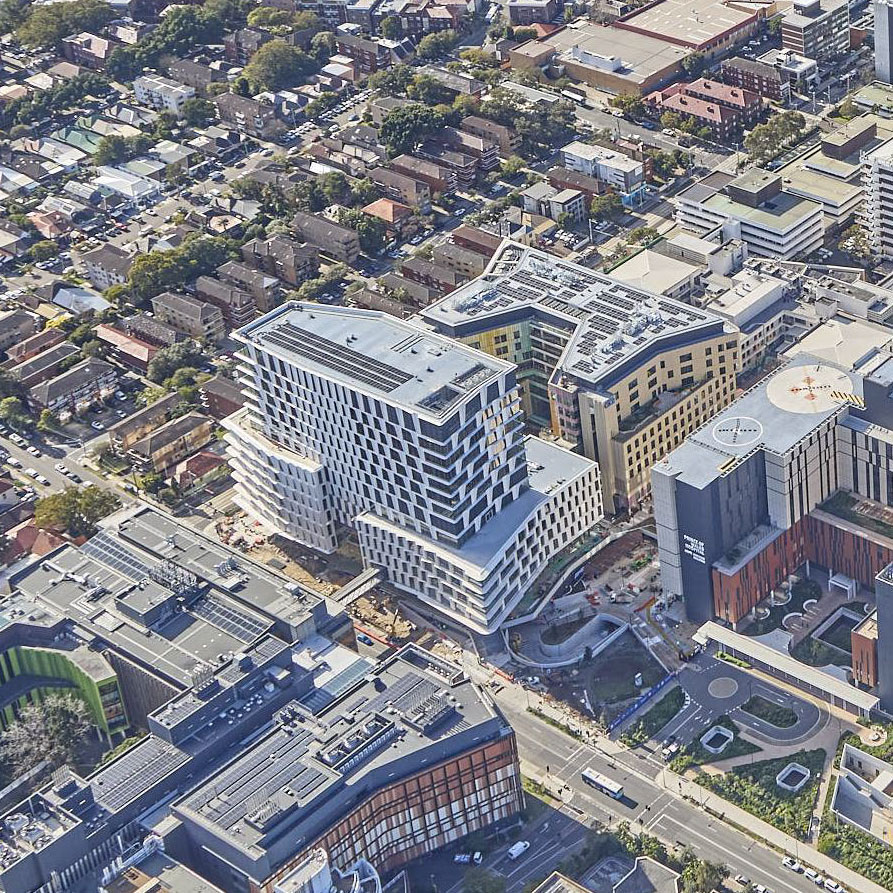
Children’s Cancer Institute and Sydney Children’s Hospital, Randwick (part of The Sydney Children’s Hospitals Network) are proud to announce one of the most exciting childhood cancer research initiatives ever undertaken in Australia, to tackle the most serious cases of infant, childhood and adolescent cancer. Launched today at Children’s Cancer Institute, ‘Zero Childhood Cancer’ gives hope to children with the highest risk of treatment failure or relapse.
The Program will involve the detailed laboratory analysis of each child’s unique cancer cells, to help identify the drugs most likely to kill their specific cancer. Scientists and doctors will then work collaboratively to identify and deliver the most effective treatment plan, specifically tailored to suit each child’s individual disease.
Despite the dramatic increase in childhood cancer survival rates over the last sixty years, from virtually 0% to 80%, nearly three Australian children and adolescents still die each week of cancer.1
Of the 950 children diagnosed with cancer each year in Australia, 150 are either diagnosed with cancer types that have less than a 30% survival rate, or suffer relapse and then have less than a 30% chance of cure. It is these children – including those suffering from the most aggressive forms of childhood brain tumours, sarcomas, infant leukaemias and neuroblastomas – who will benefit from the Zero Childhood Cancer Program.
In the first stage of the Program, scientists and doctors will open a pilot study to high risk NSW cancer patients in 2016. Following successful completion of the pilot study, a national clinical trial involving 120 children will open in 2017. When fully implemented, the Program will be offered to children throughout Australia who are at highest risk of relapse or treatment failure.
“This is a very exciting initiative that will revolutionise the way in which treatment decisions about childhood cancer will be made,” said Children’s Cancer Institute’s Executive Director Professor Michelle Haber AM.
“The challenge in curing every child is that each child’s cancer is unique, which means they respond differently to anti-cancer treatment. As the Personalised Medicine Program is implemented, and as we gather more information, we will hopefully get better and better at identifying the most effective treatment for each child’s cancer.
“We see this as a key step towards our vision of one day helping to cure 100% of children with cancer. Currently, for children with the most challenging forms of cancer, there is very little hope. This Program will offer them the best standard of care here in Australia.”
Professor Glenn Marshall AM, Director of the Kids Cancer Centre at Sydney Children’s Hospital, Randwick, and Head of Translational Research at Children’s Cancer Institute is very optimistic about the potential of the Personalised Medicine Program to improve treatment and minimise the side-effects and suffering caused by chemotherapy.
“Knowing which drugs will not be effective in a patient is as important as knowing which drugs will be effective,” said Professor Marshall.
“Our ward is full of children suffering as much from the side effects of treatment as they are suffering from cancer. The data we will be gathering and using is exciting in two respects – we will have evidence-based treatment options in the present, and we will be building a powerful research repository for the future.”
Children’s Cancer Institute and Sydney Children’s Hospital are jointly recognised as international leaders in the field. In establishing this national child cancer personalised medicine program, they are collaborating with major research centres in the United States and Europe.
It is anticipated that total funding required for the Zero Childhood Cancer Program over the next six years will be more than $40 million. Initial funding has been received from the Federal government funded CRC for Cancer Therapeutics and also from the NSW state government for infrastructure.
In addition, support has been committed by several funding partners including Australian Cancer Research Foundation, Cure Brain Cancer Foundation, The Kids Cancer Project and The University of New South Wales, Australia.
1. 0-19 years incidence data. Australian Institute of Health and Welfare (AIHW) Australian Cancer Incidence and Mortality (ACIM) Books, 2015 https://www.aihw.gov.au/reports/cancer/cancer-data-in-australia/data Accessed 12 August 2015.
Information Sheet about the science behind the Zero Childhood Cancer Program


